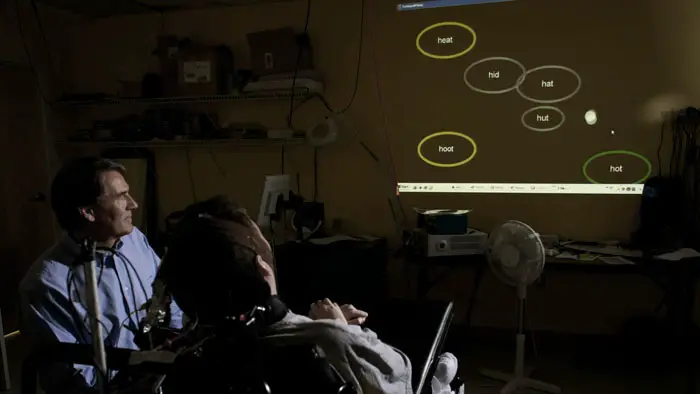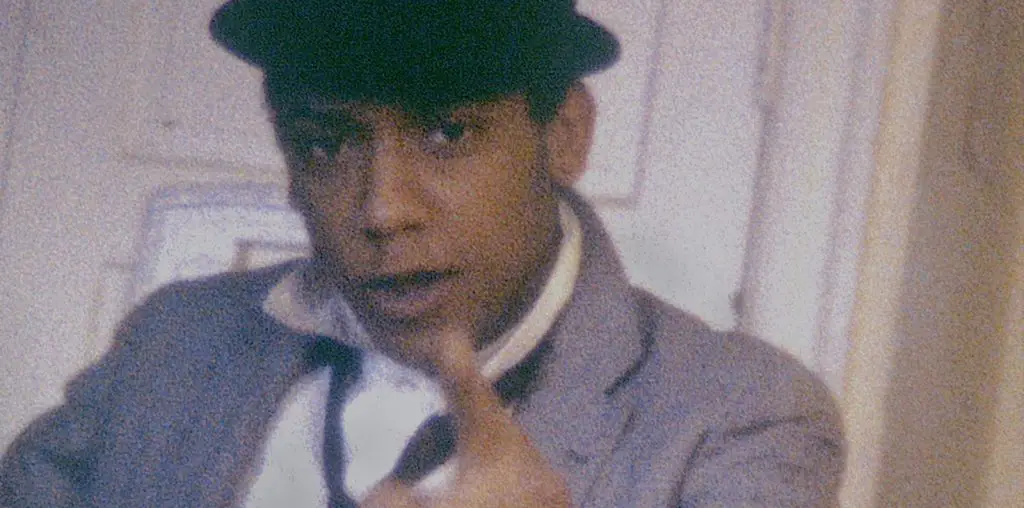
TRIBECA FILM FESTIVAL 2021 REVIEW! Father of the Cyborgs, directed by David Burke, is about renowned neurologist and brain-computer interface researcher Dr. Phil Kennedy. The film first introduces viewers to the world of brain-computer interface through interviews with Kennedy, his colleagues, and field experts. We are given an understanding of the initial purpose as one of the interviewees mentions, “helping people with very severe disabilities is one of the primary motivators that started brain-computer interfaces because there are no other options for these people.” Ultimately, these advances benefit all, so there is a long history of technology and tools, such as the ballpoint pen or the typewriter, that were developed for the disabled.
The documentary then goes back to the origin of the brain-computer interface. It highlights critical moments of its history, from Galvani’s frog experiments to Delgado’s bull mind-control, into the 1930s and the rise of brain electro-stimulation with the nefarious use of lobotomy and shock therapy that gave the field a bad rep that endures to this day. As many voiced, the concern with this technology has always been the mind-control aspect of it; who is controlled and who controls what. Even Kennedy is concerned that his work would be used for evil, but “thankfully it hasn’t happened yet.”

“…about renowned neurologist and brain-computer interface researcher Dr. Phil Kennedy.”
From there, Father of the Cyborgs chronologically retraces Kennedy’s journey from Ireland to the Georgia Institute of Technology, where his interest in the brain led him to start experimenting with microelectrodes that once implanted in one’s brain would show activity patterns on a monitor and much more. We get a sense that, as a doctor, Kennedy’s research is a genuine way for him to help people with disorders such as locked-in syndrome to regain speech or some control of their body.
So after successfully testing new wire implants on mice, the neurologist became famous when he performed a scientific miracle. In 1998 he implanted an electrode in Johnny Ray’s brain. He was then able to communicate through a computer. This incredible news took the world by storm, and the field that was once considered niche was now hot stuff. And so Kennedy became “doctor cyborg” and his breakthrough, just like Stephen Hawking, who is briefly featured, speech-generating device along with the development of brain-controlled robotic body replacement or enhancements, opened the door to possibilities of us actually living in a science-fiction movie where one would be able to read this review directly from their brain!

"…the brain still has so many mysteries..."


